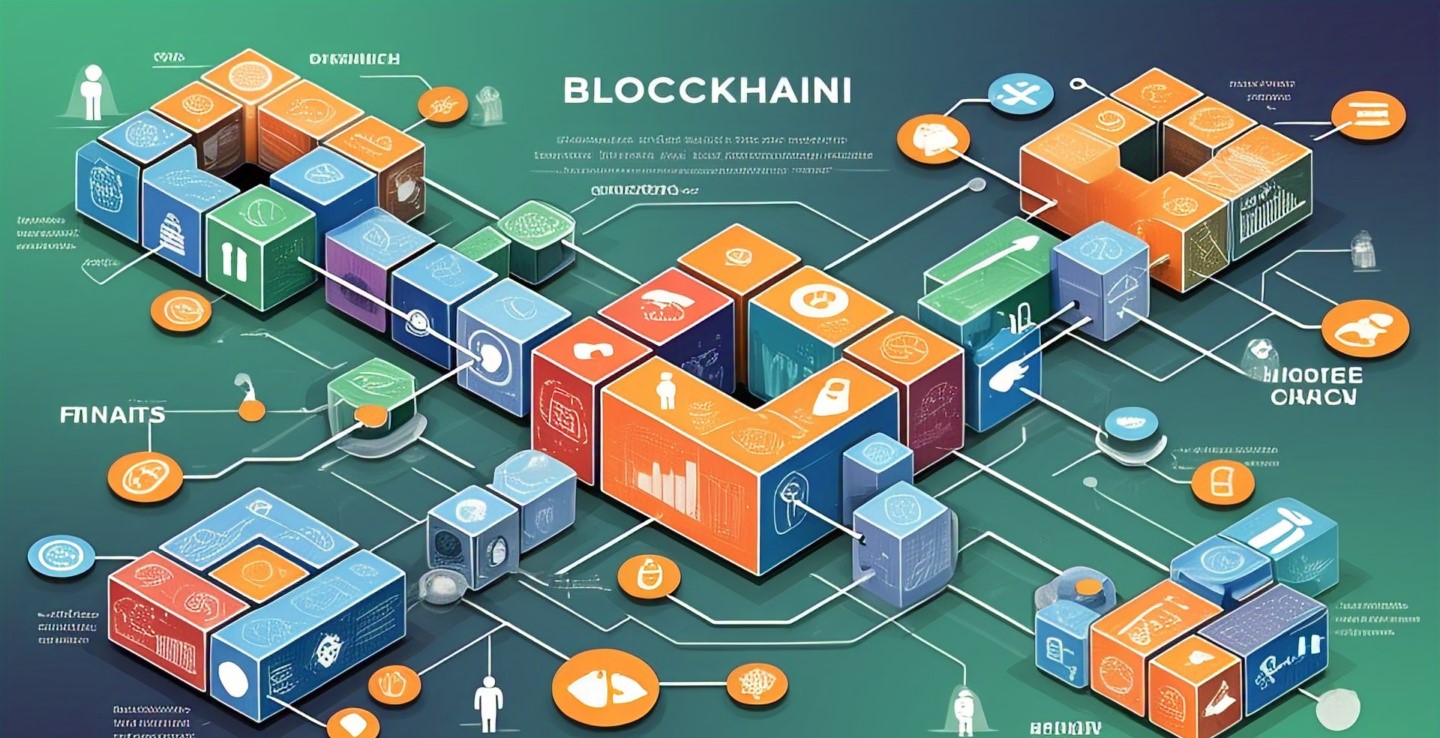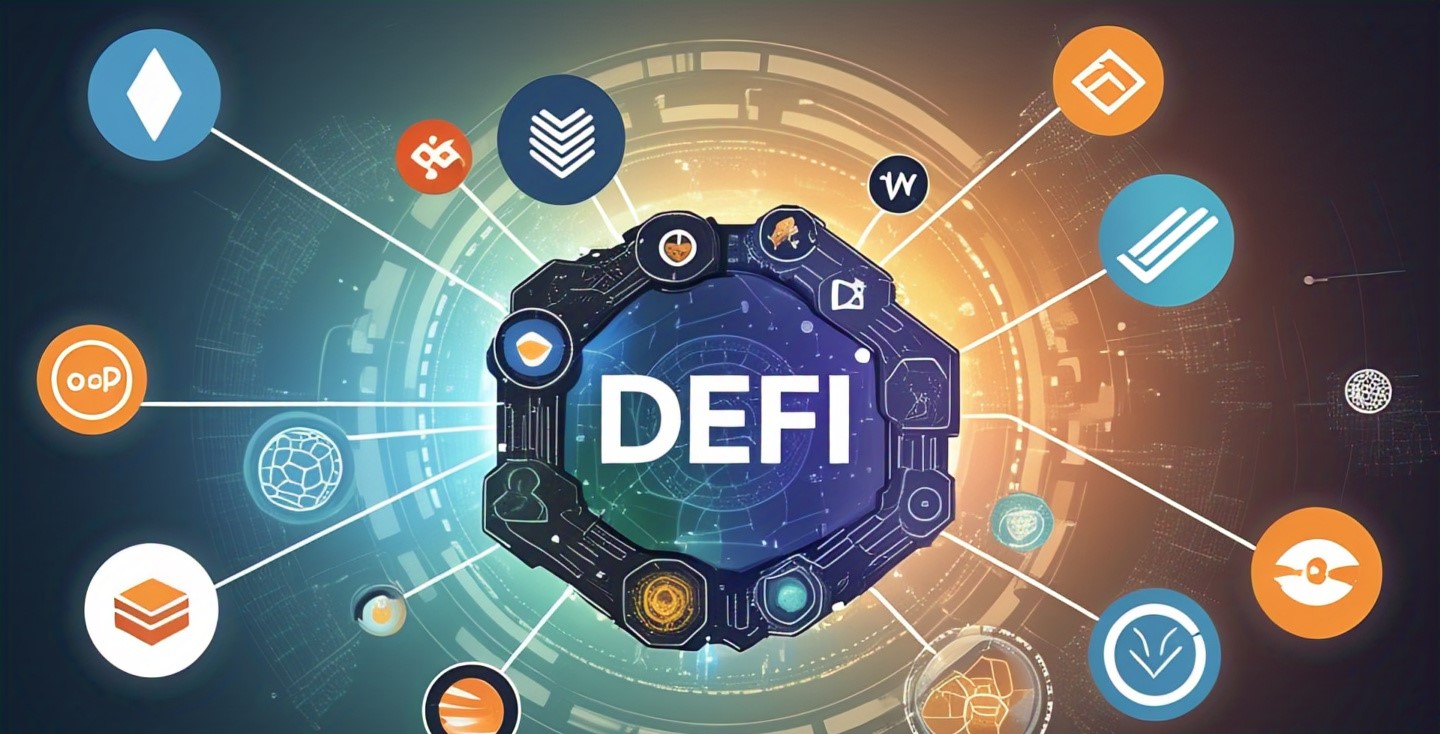Blockchain Beyond Bitcoin: How It’s Disrupting Industries – What You Need to Know
When most people hear the word “blockchain,” they immediately think of Bitcoin or other cryptocurrencies. But the truth is, blockchain technology goes far beyond digital coins. In recent years, it has quietly evolved into a powerful tool that’s reshaping industries and redefining how we store, share, and secure information.
Whether you’re tech-savvy or just curious about what the future holds, here’s what you need to know about how blockchain is making waves across various sectors—well beyond the world of crypto.
What Is Blockchain, Really?
At its core, blockchain is a digital ledger—a secure, decentralized system for recording information. Instead of storing data in one central location (like a traditional database), blockchain distributes it across a network of computers. Each entry (or “block”) is linked to the previous one, creating a chain that’s nearly impossible to alter without consensus from the network.
This makes blockchain transparent, tamper-proof, and highly secure, which is why it’s becoming so valuable in industries where trust, verification, and data integrity are crucial.
Beyond Bitcoin: Real-World Blockchain Applications
Let’s explore how different industries are using blockchain to innovate and solve real problems.
1. Supply Chain Management
Blockchain is revolutionizing the way we track goods from origin to destination. Whether it’s coffee beans, pharmaceuticals, or auto parts, blockchain allows companies to trace every step of a product’s journey. This improves transparency, prevents fraud, and boosts consumer confidence.
Imagine scanning a QR code on your food package and instantly seeing where it was grown, processed, and shipped—all verified on a blockchain. That’s already happening with companies like IBM and Walmart leading the charge.
2. Healthcare
In healthcare, patient data needs to be accurate, secure, and accessible to authorized professionals. Blockchain helps create unified, encrypted medical records that can follow a patient across different hospitals and providers.
This not only improves treatment quality but also reduces administrative headaches and lowers the risk of data breaches. Some hospitals are even exploring blockchain for managing drug supply chains and verifying the authenticity of medications.
3. Finance and Banking
While Bitcoin introduced us to digital money, blockchain is now being used by banks and financial institutions to streamline transactions, especially across borders. Traditional international transfers can take days, but blockchain-based systems can settle them in minutes or even seconds.
Additionally, smart contracts—self-executing agreements written in code—are enabling automated financial transactions without the need for third-party intermediaries.
4. Real Estate
Buying or selling property often involves a long, paper-heavy process. Blockchain can simplify this by digitizing property records, reducing fraud, and speeding up transactions. Smart contracts can handle things like escrow payments and ownership transfers automatically when conditions are met.
Countries like Sweden and the UAE are already testing blockchain land registries to modernize their real estate systems.
5. Voting and Governance
One of the most exciting uses of blockchain is in e-voting systems. By recording votes on a blockchain, we can create transparent and tamper-resistant elections. Each vote can be verified by the voter, yet remain anonymous to the public, ensuring both privacy and trust.
Though still in its early stages, blockchain voting has been piloted in countries like Estonia and by local governments in the U.S.
Challenges to Overcome
While blockchain offers enormous potential, it’s not without its hurdles:
- Scalability: Many blockchains struggle with processing large volumes of transactions quickly.
- Energy Use: Some blockchain systems, like those used for mining cryptocurrency, consume significant energy.
- Regulatory Uncertainty: Many governments are still figuring out how to regulate blockchain technology, which can slow adoption.
- User Education: There’s still a knowledge gap between developers and the general public, which can make adoption difficult.
Despite these challenges, the pace of development and innovation suggests that blockchain is here to stay—and its influence will only grow.
Final Thoughts
Blockchain is far more than just the foundation of cryptocurrencies. It’s a powerful tool that’s already reshaping industries by providing transparency, enhancing security, and eliminating unnecessary middlemen.
From securing supply chains to revolutionizing healthcare and modernizing how we vote, blockchain is changing the rules of the game. As the technology matures and becomes more user-friendly, we can expect even broader adoption and more surprising applications.
The bottom line? Keep an eye on blockchain—not just for its financial potential, but for how it’s quietly transforming the systems we rely on every day.








Post Comment